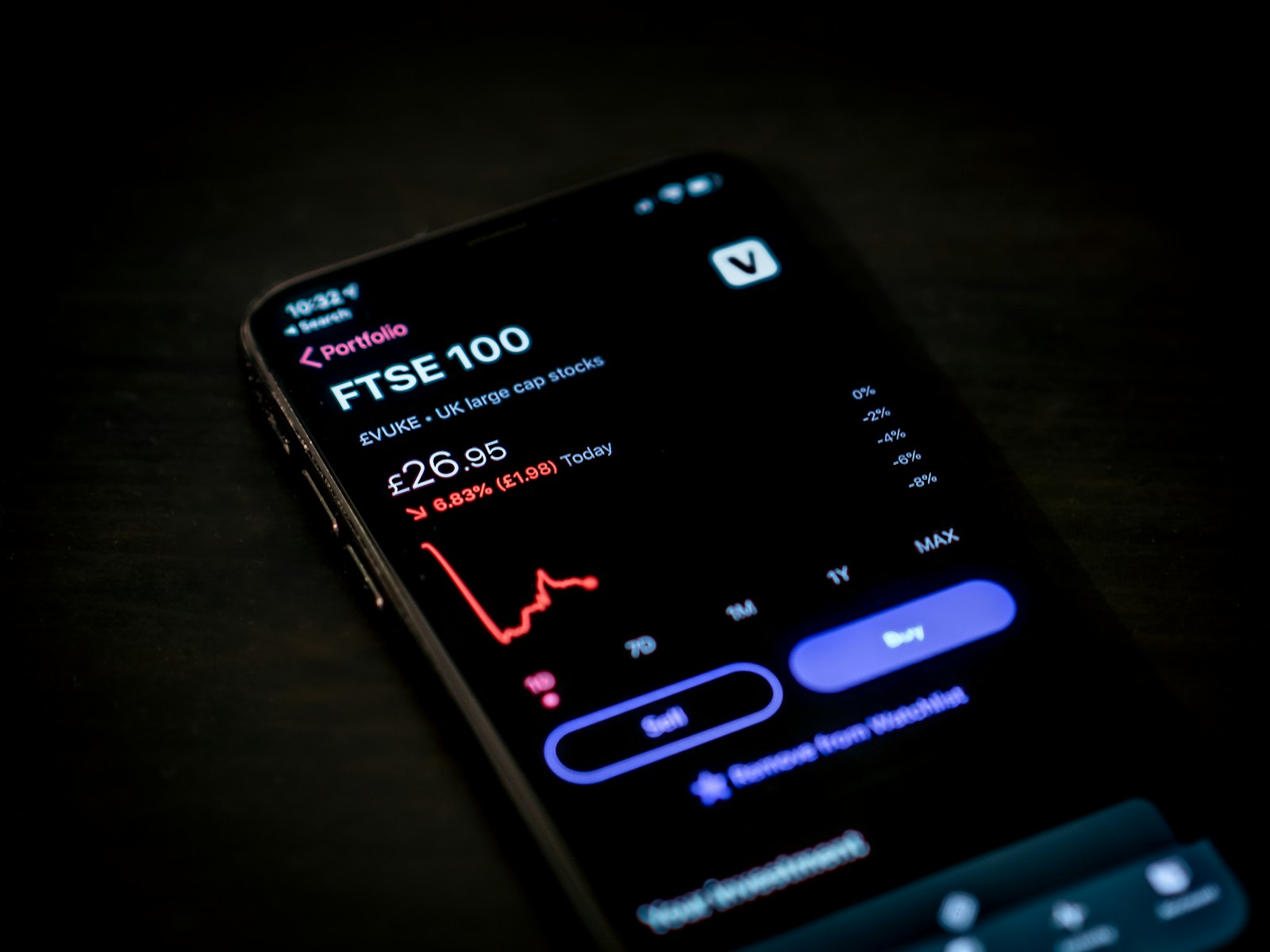As the cryptocurrency market continues to grow in 2025, traders are increasingly relying on crypto trading signals to identify profitable opportunities. These signals provide crucial buy or sell indicators based on technical analysis, market trends, or even artificial intelligence. But with so many sources and platforms, how do you separate useful signals from noise?
In this guide, we’ll explain what crypto trading signals are, how to interpret them, and how to spot high-quality, reliable signals that can improve your trading results.
What Are Crypto Trading Signals?
Crypto trading signals are recommendations or indicators that suggest the best times to buy, sell, or hold a particular cryptocurrency. These signals can come from:
Manual analysis by professional traders
Algorithmic trading bots
AI-powered analytics tools
Community-based insight platforms
Signals typically include:
Entry price
Take-profit target
Stop-loss level
Timeframe (short, medium, or long-term)
Types of Crypto Signals
Technical Analysis Signals
These are based on chart patterns, volume, and indicators such as RSI, MACD, Bollinger Bands, and Moving Averages.
Fundamental Analysis Signals
Generated from news, project updates, partnerships, or regulations that affect the long-term value of a crypto asset.
Sentiment Analysis Signals
These analyze social media trends, community discussions, and market mood to predict short-term price direction.
On-Chain Signals
These come from blockchain data such as wallet activity, transaction volume, and exchange inflows/outflows.
How to Spot Profitable Signals in 2025
- Use Reputable Signal Providers
Look for platforms with a strong track record. Some trusted services in 2025 include:
CoinSignals.ai – AI-based signal provider with risk scores
CryptoHopper – Automated bot integration with signal marketplace
3Commas – Offers curated signals with performance history
Telegram Signal Channels – Only follow channels with verified results
Always check reviews and test providers with a demo account before investing real funds.
- Confirm with Technical Indicators
Don’t rely on a single signal. Use supporting technical indicators to confirm direction. For example:
If a signal recommends buying BTC at $60,000, confirm if RSI is oversold or MACD is crossing upward.
- Watch for Volume Confirmation
A price movement with low volume is often a false signal. Always check trading volume to validate a breakout or trend reversal. - Avoid Overtrading
Too many signals can lead to confusion. Focus on high-conviction setups only. Quality beats quantity in crypto trading. - Backtest and Monitor Performance
Before trusting a signal provider, backtest their past calls or use paper trading tools. Track win/loss ratios and risk-reward consistency over time.
Final Tips for Success
Use proper risk management: never risk more than 1–2% of your capital per trade.
Combine signals with your own research to avoid blindly following recommendations.
Stay updated with market news that can invalidate or support a signal.
Use automated tools for executing signals faster and minimizing emotional bias.
Conclusion
In 2025, crypto trading signals are more advanced than ever—but success still depends on your ability to analyze, confirm, and act wisely. Whether you use manual or automated sources, learning how to spot and verify trading signals can dramatically improve your trading edge.



